The subtitle of Simon Reid-Henry’s substantial work indicates its thesis: ‘The remaking of the West since the Cold War, 1971–2017.’ The Cold War had started in 1945, and the author takes us through the upheavals of the 1960s before the advertised start of his narrative. He describes a western world that, by 1971, had undergone the student-led convulsions of 1968, and that, as well as facing challenges from the Soviet Union, China and their satellites, would have new ones to grasp: notably those presented by the 1973 oil crisis and the resulting delinquency of western treasuries as they sought not to disappoint societies — and electorates — used to rising real wages and the indulgences of consumerism.
Although this book is not always well-written it is extensively researched and wide in scope. Reid-Henry looks principally at Europe and America, but also at the democracies of what was once called the ‘White Commonwealth’ — Canada, Australia and New Zealand. He reminds us how, at the start of his period, democracies were rare: Europe was not merely severed by an Iron Curtain, but Greece was run by the Colonels, Spain by Franco and Portugal by Salazar. Outside the English-speaking world and north-western Europe there was little democracy; and his book is an account of democracy’s triumph, as Gorbachev lets the Soviet bloc go. The author does not explore the limited attempts to follow the doctrine in Latin America or India, something perhaps dictated by the need to keep this massive book within reasonable restraints; his definition of ‘the West’ is very much a Cold War one.
There is a problem with writing history without a long perspective, and this perhaps is the inevitable flaw of an exercise such as this. By far the most satisfactory and illuminating part of the book are those chapters dealing with the West before 1989, and notably the rise of radical conservatism under Margaret Thatcher and Ronald Reagan; and it discusses the exception of François Mitterrand, and his failure to use a socialist approach to kick-start France’s economy after the difficulties of the 1970s ended les trente glorieuses. We are reminded how the challenge to democracy was magnified long after the barricades of 1968 had been taken down, with the rise of the Red Brigades in Italy and Baader-Meinhof in Germany.
When, however, in the late 1980s Reagan and Thatcher could engage Gorbachev in dialogue about the liberation of eastern Europe, they did so from a position where democratic polities had multiplied and had apparently seen off the challenges from protestors who preferred revolution. Gorbachev, too, had seen off the gerontocrats who had kept the USSR firmly in the era of Khrushchev. It seemed the ultimate endorsement of democracy and peaceful change; or, to use Francis Fukuyama’s words, the end of history. Reid-Henry does not take Fukuyama specifically to task for his famous assertion, but the rest of his book is, to an extent, its repudiation.
It is hard not to feel that, once the Cold War was won and America became the world’s sole superpower, a sense of purpose was removed from the West. The 1990s seem hollow years, the main international activities being the slow rise of democracies in the former Soviet bloc, the determination of the European Community to become the European Union, single currency and all, after Maastricht, and Bill Clinton’s drive to expand economic opportunity in the United States.
Four themes dominate the last third of this book: the effect notably on America, but also on all western democracies, of Islamic terrorism; the aborted attempt to build democracy in Russia, which culminated in Putin’s dictatorship; the crash of 2008 and its effects on western societies; and the use of democracy to attack what had become democratic norms, notably the vote for Brexit and the election of Donald Trump, both in 2016.
In considering such recent events — so recent that Trump remains in power and Brexit is yet to be completed — one sees the dangers of a lack of perspective. Reid-Henry does not deal as thoroughly as he might with the root causes of both votes: the sense that, for decades, a political elite pursued sectional interests (be they big business, ethnic minorities or other factions within what has come to be called metropolitan or liberal opinion) rather than furthering the aspirations of the masses. Britain has a democracy; yet it was only at the 1983 general election that voters could choose between mainstream parties on membership of the European Community. Not the least reason why people voted to leave the EU in our referendum was that no general election for more than 30 years had offered that choice. Whether that is an argument for more referendums, or simply for political parties to be more aware of those they serve, is a question the author does not explore.
This is an impressive work, and a wonderful primer for anyone wanting to know why we are where we are. If Reid-Henry were to revise it in, say, 20 years it would be even better. Inevitably, with a book of this range, mistakes creep in: there has never been a New Zealand prime minister called Roger Muldoon; there is and never has been such a place as the East Yorkshire Riding; Mrs Thatcher did not win by a landslide in 1979 (she did in 1983); Giscard did not defeat Pompidou because Pompidou was dead; Nigel Lawson did not ‘jawbone’ Mrs Thatcher into joining the European Exchange Rate Mechanism, because he had resigned as chancellor a year earlier; the Hungarian uprising was in 1956, not 1955; and Bob Hawke’s treasurer was Paul, not Michael, Keating.
Also, Reid-Henry allows what perhaps are his own prejudices to influence his writing: Ukip was not founded as an anti-immigrant party, but as one that sought a referendum on EU membership. His important account of how monetarism became de rigueur in most western economies could be better structured; the inflation created by the Barber boom (which peaked at 26.9 per cent, not 19 per cent) was caused, as the author ought explicitly to say, by a 30 per cent annual growth in the money supply. The way the economic problems of the early 1970s are described leaves one asking why, and it was not the oil price rise.
And in a remarkable assertion about the roots of the 2008 crash the author writes, inelegantly, that ‘the culprit to have started it all may well have been Thatcher’s Britain, whose early moves on deregulation put pressure on the American economy to respond’. A conversation happened in 1999 between Clinton and Alan Greenspan about enabling more poor Americans to buy their own homes; that had nothing to do with Mrs Thatcher, and Reid-Henry would do well to focus his search on the reasons for plentiful mortgages.
It is also hard to understand what the author means by his statement that ‘what 9/11 did do was to intensify some of the contradictions inherent to post-1970s era liberal democracy’. His ensuing claim that ‘it gave succour to some of the more radical conservative visions of domestic and foreign policy that had emerged in the 1990s’ is hardly the whole story: one of the main effects of 9/11, surely, was to remind us that history had not ended after all.
But the shortcomings of this book are minor compared with its strengths; it is a tour de force of historical comprehension over almost half a century of remarkable turbulence. And as we travel further from the events it describes, many of its judgments are likely to prove sound.
Got something to add? Join the discussion and comment below.
Get 10 issues for just $10
Subscribe to The Spectator Australia today for the next 10 magazine issues, plus full online access, for just $10.
You might disagree with half of it, but you’ll enjoy reading all of it. Try your first month for free, then just $2 a week for the remainder of your first year.

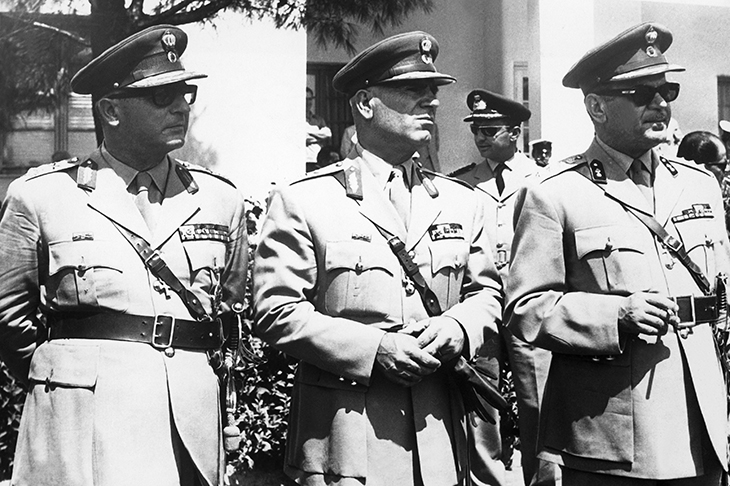
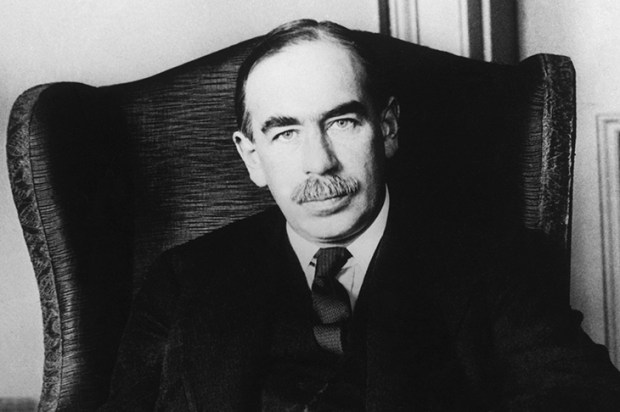

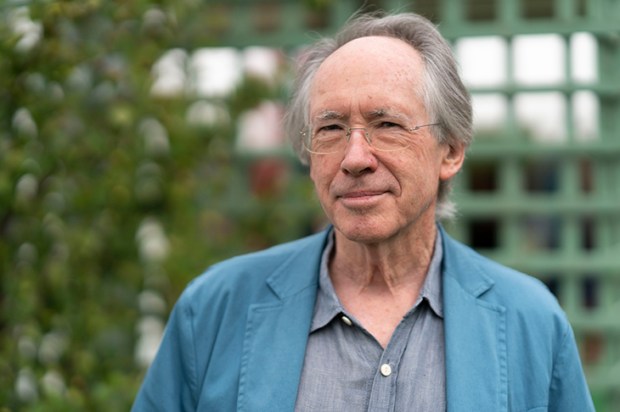
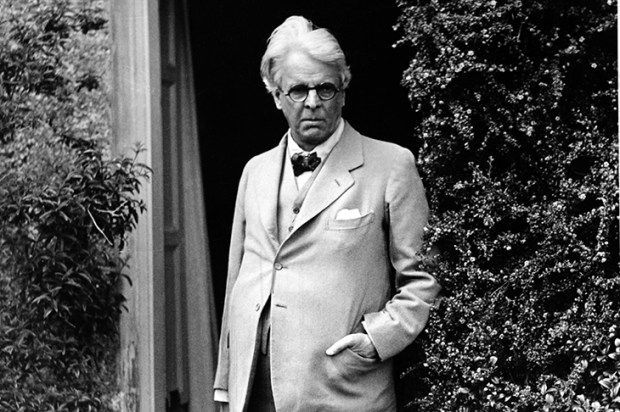

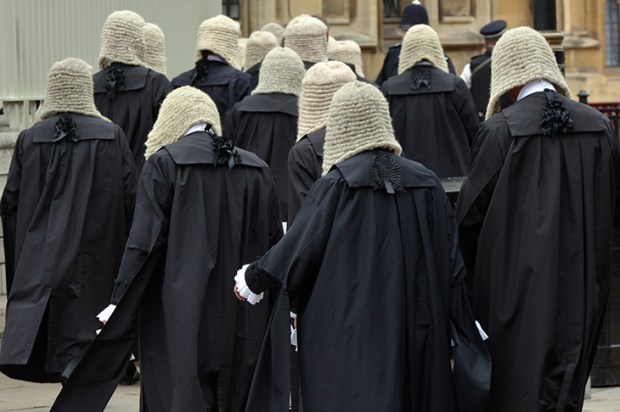






Comments
Don't miss out
Join the conversation with other Spectator Australia readers. Subscribe to leave a comment.
SUBSCRIBEAlready a subscriber? Log in